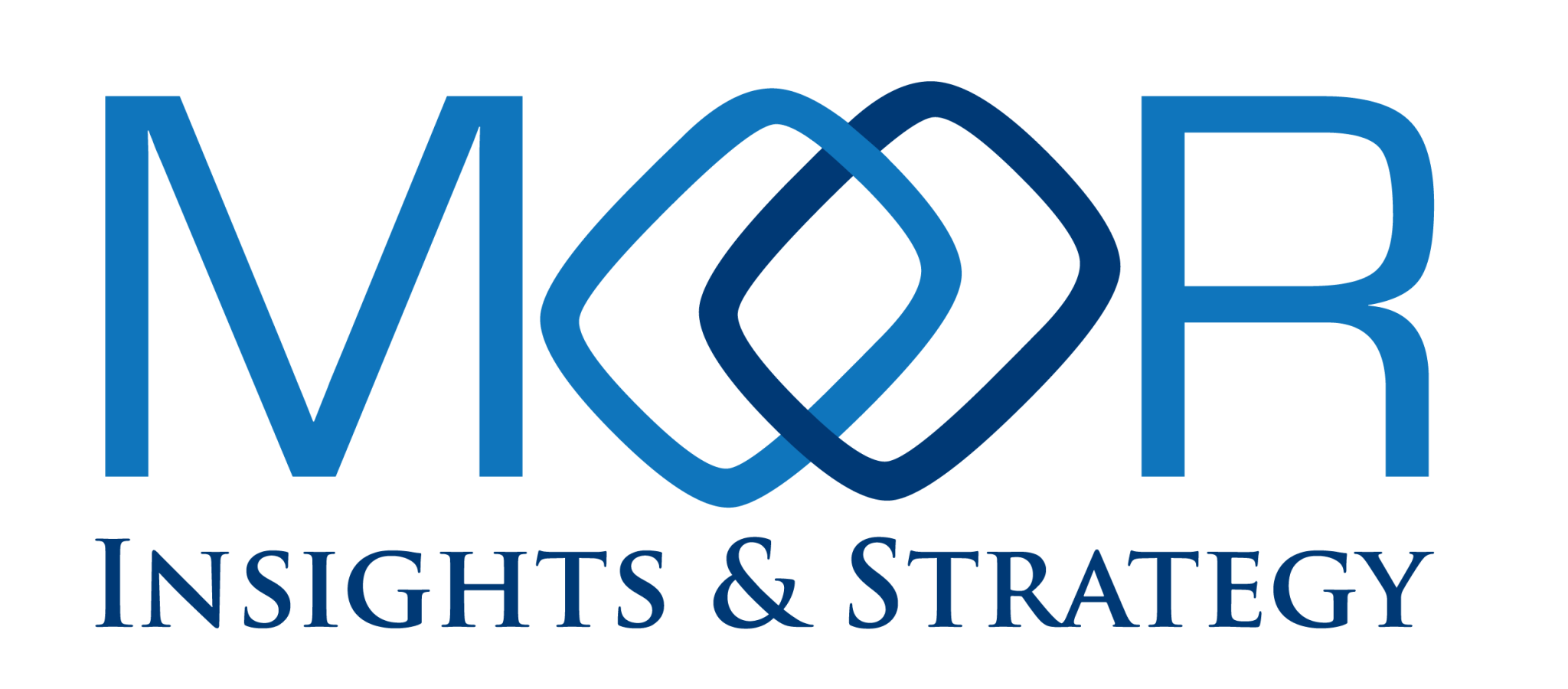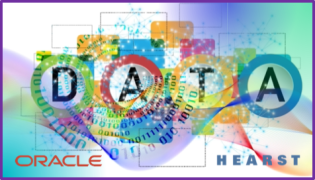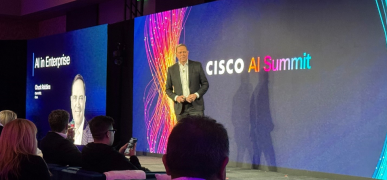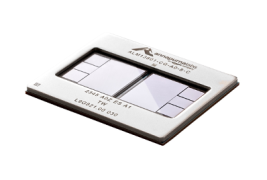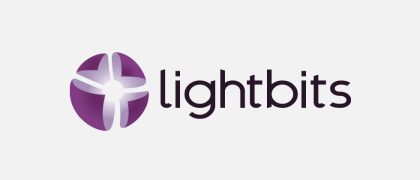
Is your enterprise SaaS data safe? Last year, there were 2,814 reported data breaches worldwide, with over 8.2 billion compromised records in various sectors. What’s even more astonishing is the financial impact noted by IBM, with the average data breach in the U.S. costing the affected company $4.45 million.
In the past, the primary concern for many businesses was securing data housed within their own infrastructures. However, the emergence of software-as-a-service (SaaS) and public cloud platforms brought a shift in focus. As the technology landscape evolved, businesses gained access to an array of cloud-based services, including platform-as-a-service (PaaS), infrastructure-as-a-service (IaaS), and database-as-a-service (DBaaS). Protecting data in these off-premises environments is just as imperative as protecting the data in traditional on-premises setups. That’s where HYCU comes in.
HYCU R-Cloud Development Platform
HYCU—pronounced “haiku”—stands for Hybrid Cloud Uptime. Since its founding in 2018, the Boston-based company has distinguished itself in data protection across various environments including on-premises, public cloud, hybrid, and SaaS platforms. HYCU provides data-protection-as-a-service (DPaaS) through its HYCU R-Cloud platform. R-Cloud’s core functionalities encompass backup and disaster recovery, ransomware protection, data migration and mobility facilitation, plus data security and compliance. The platform is designed to work hand in hand with solutions from VMware, Nutanix, AWS, Azure, and Google Cloud.

The HYCU R-Cloud includes the world’s first low-code development platform for SaaS data protection and facilitates the integration of backup and recovery services into various SaaS applications. Additionally, R-Cloud offers users a unified view of SaaS data protection status, improving data management across the ecosystem. HYCU R-Cloud is noted for its straightforward use and easy integration for end users and SaaS providers.
Let’s consider a couple of examples of how R-Cloud can be used. An IT department might use it to augment the backup and recovery capabilities of existing enterprise apps. For instance, in-house users of a project management application might be able to conveniently schedule automatic backups for their project boards and tasks. Or developers within IT might use R-Cloud to create customized data protection add-ons for the company’s CRM system.
R-Cloud’s unified dashboard provides a comprehensive view of the backup and recovery status of all SaaS apps. This simplifies data protection oversight and reporting, making it easy to identify which apps have automatic backups, to pinpoint potential protection gaps, and to initiate straightforward data recovery processes as needed.
Anthropic Complements HYCU with AI
Let’s now bring Anthropic into the mix. An AI startup founded in 2021 by ex-OpenAI colleagues, Anthropic announced a partnership with HYCU today. Anthropic has risen as a key player in advanced AI development, particularly with its AI assistant Claude. The company, which is backed by more than $7 billion from prominent investors including Google, Amazon, and Salesforce, works to improve AI interpretability, control behaviors of AI, and reduce the risks associated with advanced AI.
The new partnership aims to integrate Anthropic’s AI technology into HYCU’s R-Cloud platform. It seeks to simplify the development of data protection integrations and introduce AI capabilities that enhance data security, potentially leading to more automated and user-friendly data management across various platforms. Focused on compliance, encryption, and recovery protocols, this collaboration delivers a new way for HYCU customers to protect SaaS applications and cloud services. HYCU also prioritizes securing data and configurations in specialized AI services, starting with vector databases such as PineCone and Redis, which are crucial for AI infrastructure.
HYCU Competitors
HYCU faces several notable competitors. Veeam, a prominent player I recently wrote about, provides comprehensive backup and disaster recovery solutions, excelling in VMware and Microsoft environments while expanding its capabilities to cover Nutanix and public clouds. Rubrik, another contender, is a cloud data management company offering data protection, governance, and orchestration across both on-premises and cloud environments, directly competing with HYCU in the Nutanix domain. Cohesity provides converged secondary data, including backup, disaster recovery, file and object services, dev/test, and analytics, supporting major hyperconverged platforms.
Commvault, another established vendor, specializes in data protection and information management, offering the Metallic SaaS platform for on-premises and cloud deployments and integrations with leading hyperconverged solutions. Veritas, a longstanding vendor of backup solutions, has shifted its focus to multi-cloud data management, with offerings such as NetBackup for SaaS protection and Beam for cloud optimization. Lastly, Dell EMC has a broad portfolio in data storage, including backup and recovery solutions, and its expansive ecosystem serves a wide range of enterprise needs.
Summary
In a competitive landscape of data backup and recovery that’s dominated by larger, well-established firms, HYCU is actively working to improve its market standing. In that context, 2024 is a year for HYCU to keep strengthening its brand and increasing its market share. Key to its strategy is a strong focus on continuous innovation, particularly in fast-evolving areas such as AI and cloud solutions.
HYCU’s strategic partnership with Anthropic comes at an opportune time, bringing even more innovation and aligning with the global trend of increasing investment in both AI and technologies for security and risk management. By incorporating Anthropic’s sophisticated AI capabilities into its services, HYCU looks to differentiate its products from its competitors’. This strategy is anticipated to make HYCU’s solutions more attractive to potential customers seeking advanced data protection technologies.
